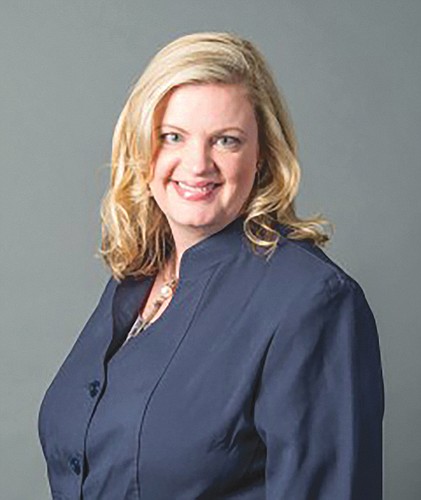
By Sarah Sullivan • Three Rivers Legal Services Pro Bono Director
Attorneys licensed in the state of Florida are encouraged, but not required, to perform at least 20 hours of pro bono service or donate at least $350 to a legal aid organization annually.
Rules Regulating The Florida Bar, Chapter 4 (Rules of Professional Conduct), Section 6.1, states: “Each member of The Florida Bar in good standing, as part of that member’s professional responsibility, should (1) render pro bono legal services to the poor and (2) participate, to the extent possible, in other pro bono service activities that directly relate to the legal needs of the poor.”
Although pro bono work is voluntary, the reporting of that work (or lack of) is mandatory. This reporting is a benchmark in surveying the needs of the poor in our community.
That is why each year when Bar dues are collected, each attorney is asked to report on their pro bono work over the past year.
The voluntary pro bono plan was established in 1992 by the state Supreme Court and finalized by the Florida Bar in 1993 with the goal of increasing the availability of legal services to the poor.
The recommended 20 hours and $350 donation figures have not been increased since the adoption of Rule 4-6.5.
The opportunities for pro bono are limitless.
An attorney can accept a case through their local legal service organization in their practice area. Attorneys who aren’t familiar with a type of law, but interested in taking a case can get CLE on a particular topic or area of the law and then take a case.
An attorney can participate in an event where they give brief advice, but don’t take a case. They can participate in a legal clinic where they assist pro se litigants complete forms or develop a theory of the case.
The reason there are so many opportunities for pro bono advocacy is because the need is great, and the creativity and hustle of pro bono coordinators tasked with placing cases is even greater.
The Florida Bar monitors pro bono advocacy by circuit. Each judicial circuit has a pro bono committee that reports to The Florida Bar standing committee on pro bono. Every year, the committees must create pro bono plans as well as implement and monitor their results.
The Rules of Professional Conduct are specific about the Pro Bono Standing Committee and the Circuit Pro Bono Committees—who can serve, who can lead and the objectives expected to be met.
Each legal aid organization has a pro bono coordinator, and in many cases, an entire department dedicated to ensuring low-income clients with legal cases get placed with private attorneys. Pro bono coordinators also track community need, policies affecting the poor and underserved populations and come up with opportunities for pro bono attorneys to serve to meet those needs.
Pro bono directors belong to state and national organizations that pool resources and support pro bono advocacy. The Florida Pro Bono Coordinators Association meets regularly and provides a platform for coordinators to share ideas, collaborate on projects and learn best practices.
Some of the pro bono opportunities shared in the Jacksonville area were conceived on the state level through the FBPCA, such as the FACE project for curbing homelessness during the pandemic.
Jacksonville Area Legal Aid Inc. and Three Rivers Legal Services Inc. have robust pro bono opportunities. You may also provide pro bono through a connection at your church, aid a nonprofit or charity that you or passionate abou or choose to help a low-income neighbor.
However you do pro bono, know that there is a support system available to ensure your success in providing that much needed legal advocacy to low-income people.
Law firms and attorneys are encouraged to contact Missy Davenport or Sarah Sullivan, co-chairs of the Jacksonville Bar Association Pro Bono Committee, to learn about opportunities for pro bono involvement in the 4th Judicial Circuit by emailing [email protected] or [email protected].